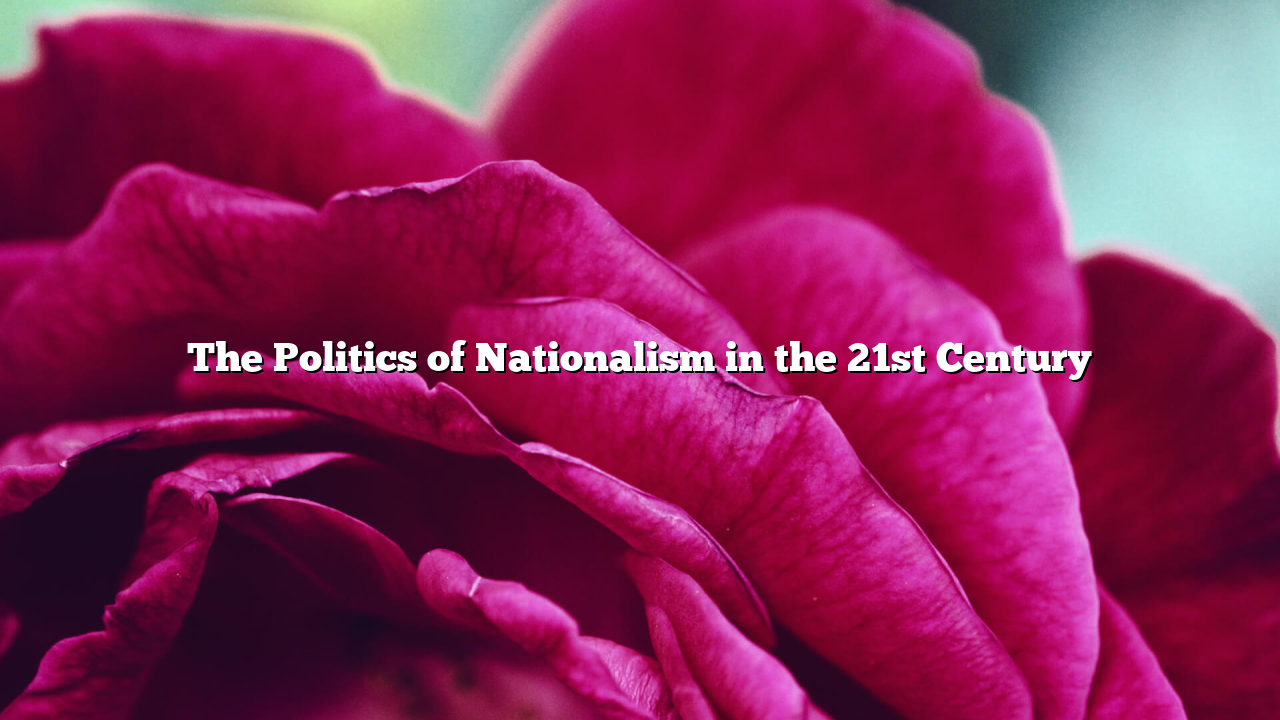Nationalism has reemerged as a powerful force in contemporary politics. While nationalism can foster unity and pride, it also carries risks of exclusion, conflict, and authoritarianism. Understanding its modern forms is crucial for vikingtoto navigating global challenges.
At its best, nationalism strengthens solidarity, mobilizes citizens, and defends sovereignty. Nationalist movements have historically fueled independence struggles and resisted colonialism. Today, nationalism continues to provide identity in a rapidly globalizing world.
However, nationalism often turns divisive. When defined narrowly, it excludes minorities, immigrants, and those deemed “unpatriotic.” Populist leaders frequently exploit nationalist rhetoric to consolidate power, portraying themselves as defenders of the nation against foreign or domestic enemies.
Globalization has intensified nationalist sentiment. Many citizens feel threatened by cultural change, economic competition, and international institutions. In response, nationalist movements advocate for protectionism, border control, and withdrawal from global agreements.
The challenge lies in balancing national pride with openness. Inclusive nationalism can celebrate cultural heritage while respecting diversity and cooperation. Exclusionary nationalism, on the other hand, risks fueling xenophobia and conflict.
In conclusion, nationalism will remain influential in the 21st century. Its political impact depends on whether it fosters unity and responsibility or division and hostility.
